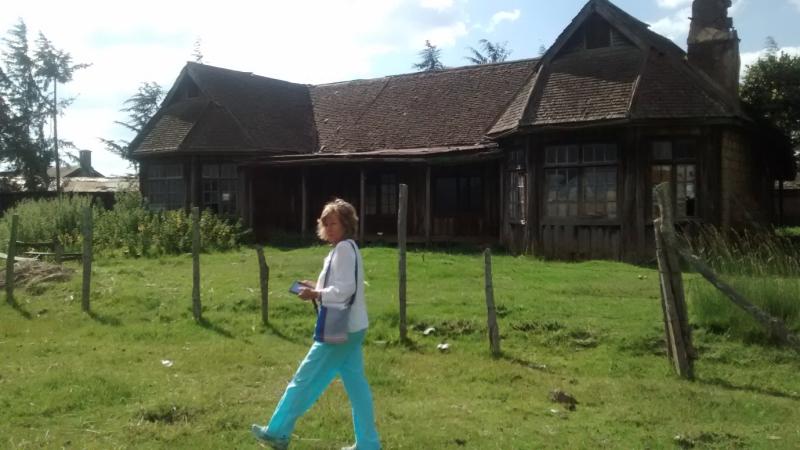×
The Standard e-Paper
Join Thousands Daily

In a few days 2019 will be over. Instead of looking back at what has happened in the last one year, we can look 100 years into the past. Why limit ourselves? We can connect dots and explain how events that took place a century ago still reverberate to this day.
In 1919, WW I had just ended and soldiers were going back home. But the British soldiers took a longer route home, through Kenya and other colonies. It is the year when the first British soldier settlers arrived in Kenya and took up the ‘white highlands’.